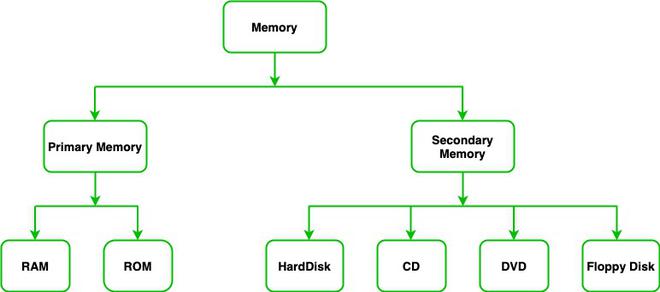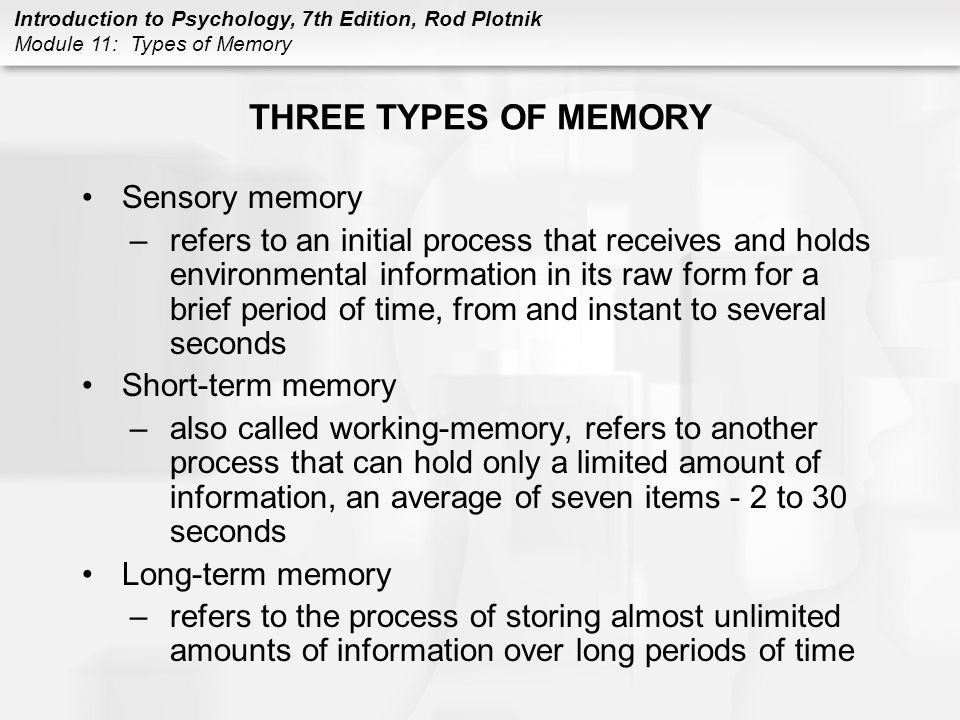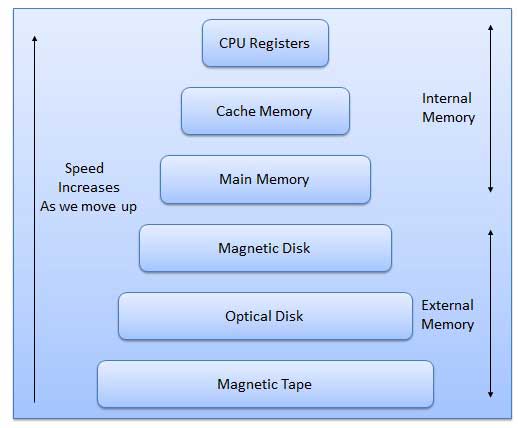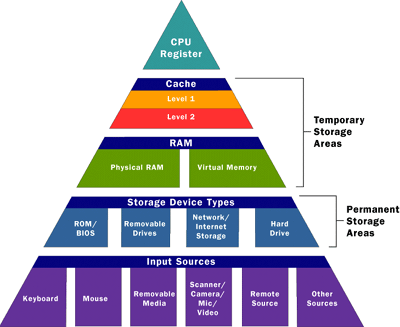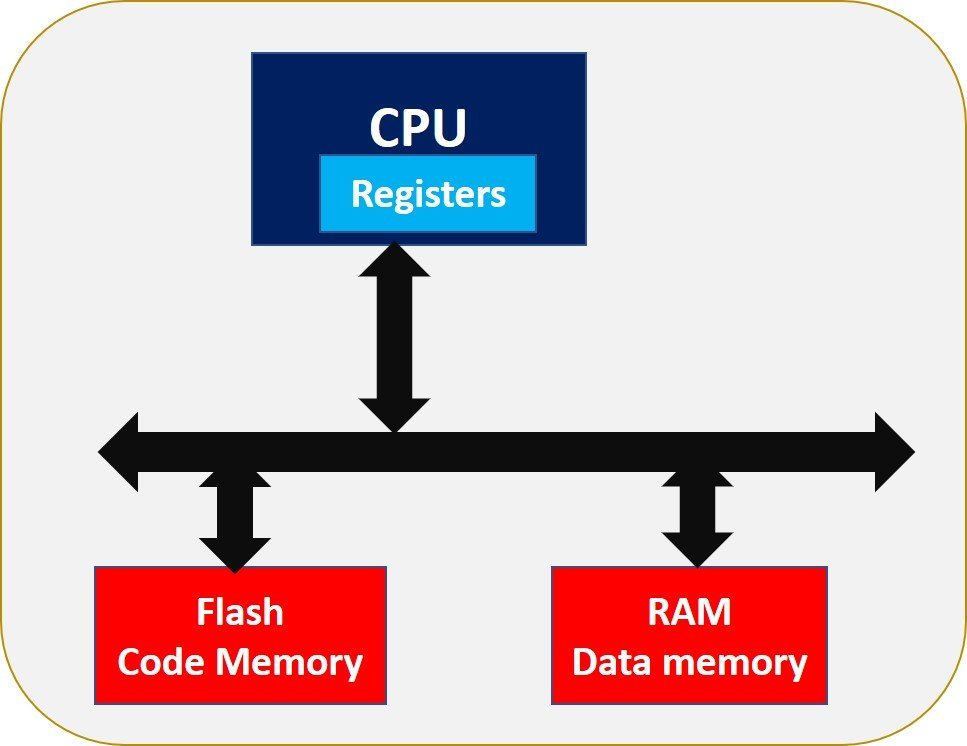There are several different types of memory that play important roles in how we process, store, and retrieve information. These different types of memory can be categorized based on how long the information is stored and how it is used.
Short-term memory, also known as working memory, is the type of memory that holds onto information for a short period of time, usually just a few seconds or minutes. This type of memory is responsible for storing information that we are currently using or processing, such as a phone number that we are trying to remember or the instructions for a task that we are currently performing. Short-term memory is limited in capacity and is prone to forgetting, so it is important to actively try to commit important information to long-term memory if we want to remember it for a longer period of time.
Long-term memory, on the other hand, is the type of memory that stores information over the long-term. This can include everything from personal experiences and factual information to skills and habits. Long-term memory is much larger in capacity than short-term memory and is not as prone to forgetting, although it can still be affected by things like age, illness, and stress.
There are also several different subtypes of long-term memory, including explicit memory and implicit memory. Explicit memory refers to conscious, intentional recall of information, such as consciously trying to remember the capital of a particular country. Implicit memory, on the other hand, is unconscious and automatic, and is responsible for things like habits and skills that we perform without actively thinking about them.
Another important type of memory is sensory memory, which is the brief, initial recording of sensory information in our brains. Sensory memory is extremely brief, lasting just a few seconds at most, but it plays a critical role in helping us process and interpret the vast amount of sensory information that we encounter every day.
In summary, there are several different types of memory that play important roles in how we process, store, and retrieve information. Short-term memory is responsible for holding onto information for a short period of time, while long-term memory stores information over the long-term. Sensory memory is the brief, initial recording of sensory information, and there are also different subtypes of long-term memory, including explicit and implicit memory. Understanding these different types of memory can help us better understand how our brains process and store information.
